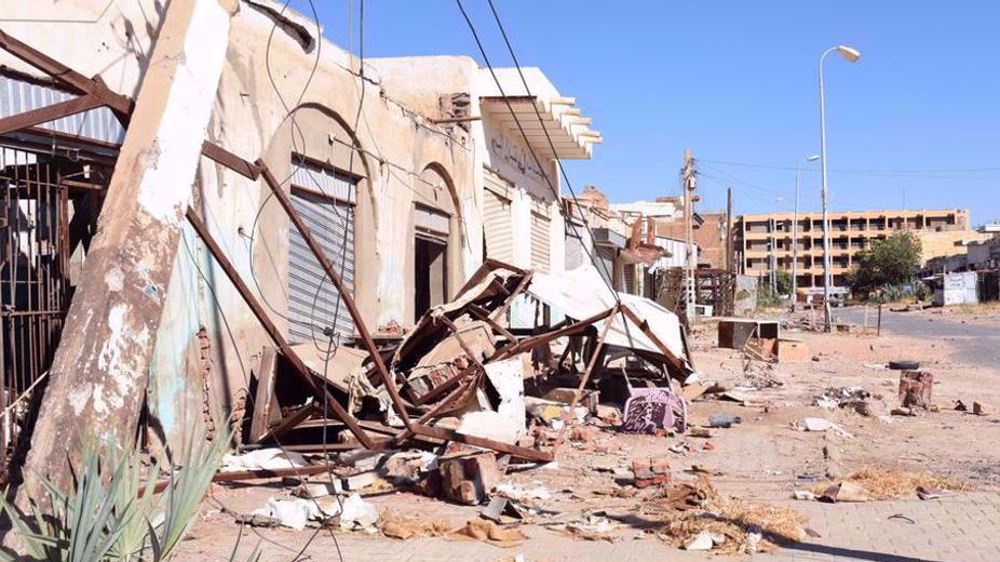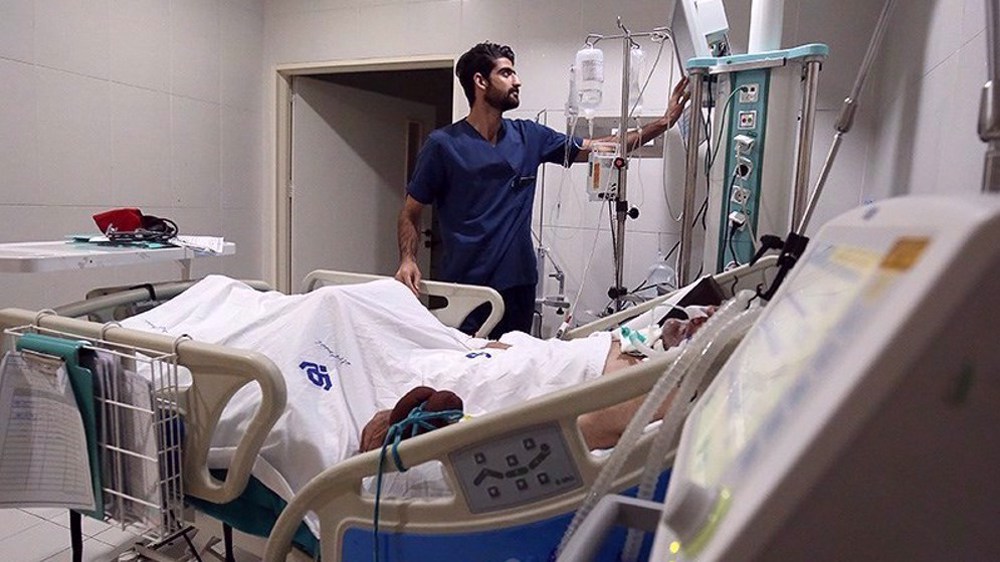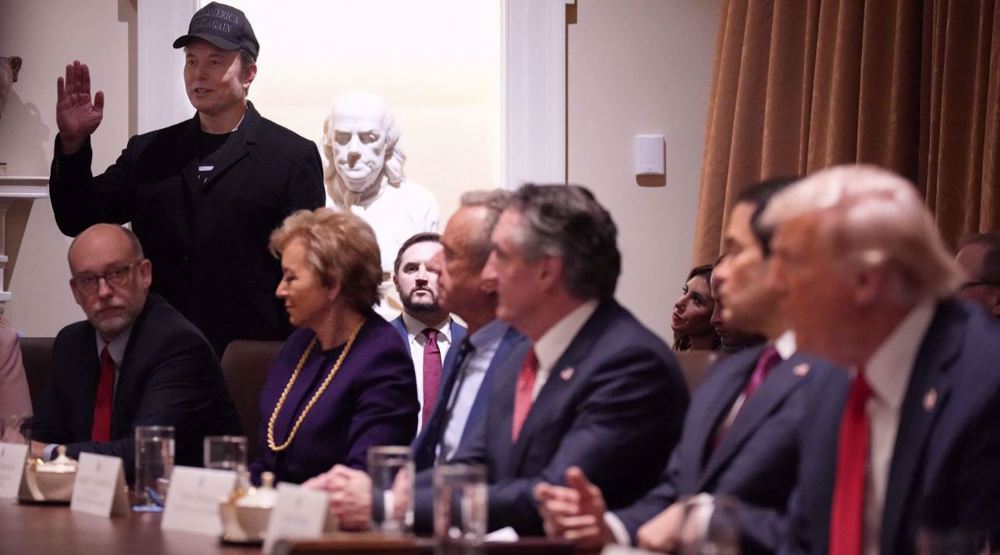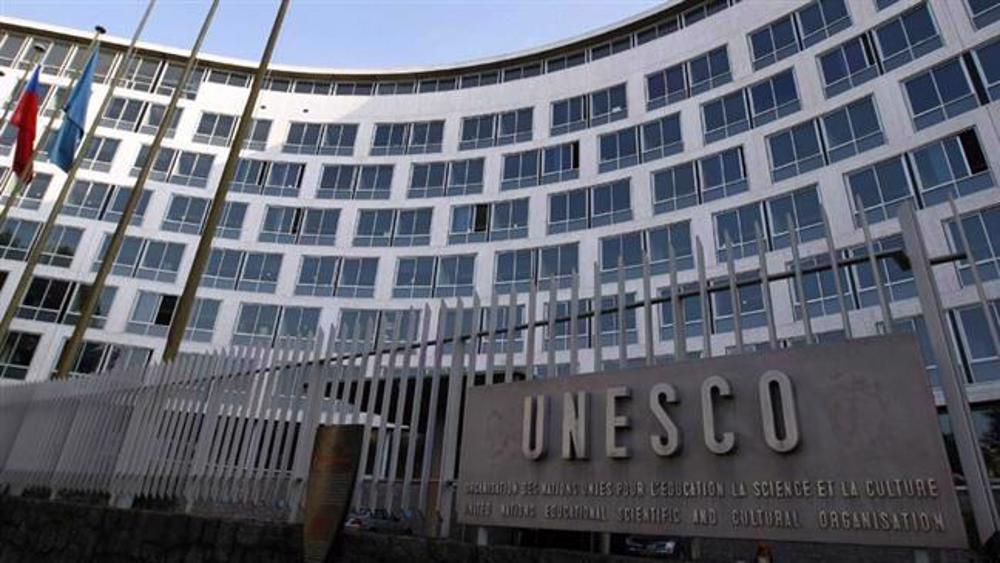Attacks on journalists during protests risen sharply: UNESCO
The number of incidents of violence against journalists covering protests across the world has risen sharply, with police and security forces the main culprits, the United Nations cultural agency says.
UNESCO said it had counted 21 protests between January and June of this year where journalists were attacked, arrested or killed.
The organization, whose role includes monitoring media developments, said in a report the spike came as part of "a wider upward trend in the use of unlawful force by police and security forces over the last five years."
At least 10 journalists were killed during protests between 2015 and mid-2020 when there were 125 instances of attacks on, or arrests of, reporters, according to UNESCO which investigated protests in 65 countries for the report.
The reporters who died on the job worked in Syria, Mexico, Israel, Nicaragua, Northern Ireland, Nigeria and Iraq.
"Hundreds of journalists around the world trying to cover protests have been harassed, beaten, intimidated, arrested, put under surveillance, abducted, and had their equipment damaged," the report said, adding that "a majority of the attacks" had been carried out by police and security forces.
"Police use of non-lethal ammunition ranging from rubber bullets to pepper balls, has injured dozens of journalists, with a few having been left blinded in one eye" it said.
Often police don't have to fear punishment for their treatment of reporters. "Impunity has continued to remain the norm in recent years for attacks on the press covering protests," UNESCO said.
UNESCO Director General Audrey Azoulay called on governments to make sure that journalists can do their job without fear for their safety.
"Journalists have a critical role in reporting and informing audiences on protest movements," she said in a statement.
"We call on the international community and all relevant authorities to ensure that these fundamental rights are upheld."
UNESCO said protests are often about economic injustice, government corruption, the decline of political freedoms, and growing authoritarianism, giving some governments a vested interest in preventing balanced reporting.
"The UN in several resolutions has expressed concern at hostile rhetoric by political leaders against the press," it said.
(Source: AFP)

Sudan takes UAE to UN court over 'complicity in genocide'

Iran court orders US to pay $12.6 billion to thalassemia patients

UN concerned by ‘fundamental shift’ in US policy since Trump returned to power
VIDEO | Press TV's news headlines
Hamas holds US 'directly responsible' for Israel’s renewed aggression
'Shocked': UN chief slams fresh Israeli massacre in Gaza
Exposing Britain’s long-running overt and covert war on Yemen
Bankrolling genocide: The biggest donors to AIPAC, leading US Zionist lobby group
Hamas says Israel assassinated 5 senior officials along with families in Gaza
Renewed Israeli attacks on Gaza ‘continuation of genocide, ethnic cleansing’: Iran
World condemns Israeli regime ‘for resuming horrific, genocidal attacks’ on Gaza









 This makes it easy to access the Press TV website
This makes it easy to access the Press TV website